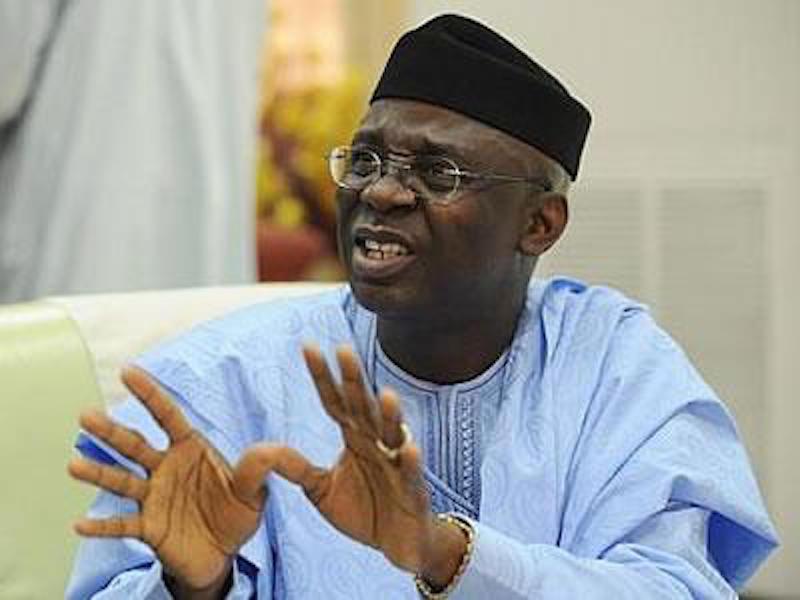Nigerian Senate responds to Pastor Tunde Bakare’s political criticism
In a firm response to recent remarks made by Pastor Tunde Bakare, the Nigerian Senate has cautioned the cleric against projecting his political disappointments onto the legislative arm of government. The Senate’s statement comes after Bakare criticized the nation’s political leadership during a widely publicized address, suggesting that lawmakers have failed Nigerians.
The Senate, through its spokesperson and Chairman of the Senate Committee on Media and Public Affairs, Senator Yemi Adaramodu, issued a rebuttal on Sunday, describing Bakare’s comments as misleading and unfair. Adaramodu urged the clergyman to exercise more discretion in his public commentary, especially regarding the Senate’s role in Nigeria’s democratic structure.
“Pastor Bakare’s recent outburst appears to stem from personal political frustrations rather than an objective assessment of the Senate’s performance. While he is entitled to his opinions, it is inappropriate to make blanket accusations against the National Assembly without substantial evidence,” the statement read.
Pastor Tunde Bakare, a prominent pastor and former presidential aspirant, had lambasted Nigeria’s political system, accusing lawmakers of incompetence and self-interest. He asserted that the legislative body has failed to fulfill its constitutional responsibilities, contributing to the nation’s economic woes and political instability.
In reaction, the Senate maintained that it remains committed to its constitutional mandate of lawmaking, oversight, and representation. It emphasized that it has consistently played a crucial role in stabilizing governance and upholding democratic values in the country.
Senator Adaramodu further stated that the Senate will not be distracted by sentiments rooted in personal political ambitions. “We respect Pastor Bakare as a religious leader, but we cannot allow unsubstantiated claims to go unchallenged. The Nigerian Senate is not a platform for political scapegoating.”
The statement also highlighted the legislative efforts of the 10th Senate, noting the passage of critical bills and resolutions aimed at addressing national challenges. It reiterated the Senate’s readiness to collaborate with all stakeholders in building a better Nigeria but insisted that constructive criticism should be based on facts, not emotions or past political grievances.
This development has sparked widespread conversation among Nigerians, with opinions divided between those who believe Bakare was merely exercising his freedom of speech and those who argue that public figures must be more responsible in their criticisms.
As the political climate in Nigeria continues to evolve, the tension between religious leaders and political institutions is becoming increasingly prominent. The exchange between Pastor Bakare and the Senate underscores the need for a more balanced dialogue in national discourse, one that promotes accountability without undermining democratic institutions.
This latest controversy adds to the growing debate over the roles and responsibilities of public figures—both political and religious—in shaping Nigeria’s future.
Source : Swifteradio.com


